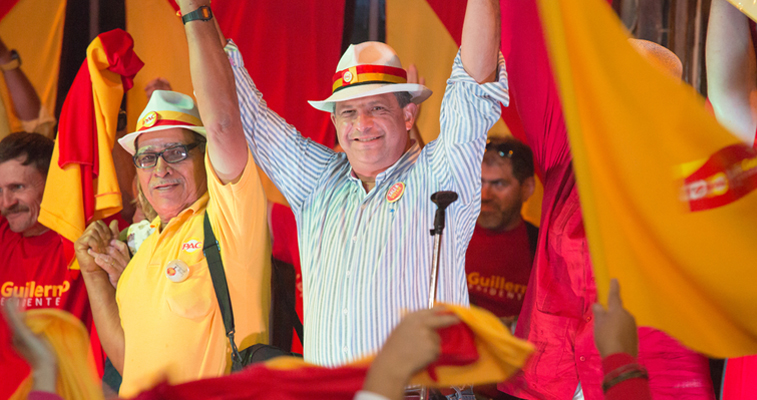Costa Rica: the challenges of change
Tuesday, April 22, 2014

With nearly 80% of votes cast, Luis Guillermo Solis on April 6 became the first president of Costa Rica in 62 years not to come from either of the country’s traditionally powerful parties - National Liberation or Social Christian Unity.
Among key issues facing the standard-bearer of the Citizen Action Party are the reduction of the fiscal deficit, which for each of the past five years has exceeded 5% of the value of national production, as well as job creation, given the loss this year of 3,000 jobs in Intel’s local operations, as well as those of Bank of America.
Energy reform, including the possibility of greater participation in power generation by the private sector, is another critical issue, in a country in which electricity costs have over the past five years have increased by close to a quarter.
Infrastructure development meanwhile has been largely stalled, as left-wing politicians oppose projects given as concessions to the private sector.
On the other hand, the state has no money, with which to finance major projects.
To complicate matters, Citizen Action does not have a plurality, let alone a majority in Congress, whose 57 representatives come from no fewer than nine parties.
A university professor and political scientist, Solis was little known at the start of the election campaign last year.
But in a surprising twist, the candidate of National Liberation, Johnny Araya, resigned at the beginning of the election’s second round, leaving Solis to be practically acclaimed as president.
The runoff took place, because neither Araya nor Solis got the 40% minimum vote required to be elected in the first round of voting, held in February.
Solis takes office on May 8.
